Bab L’ Bluz: New Frontiers in Gnawa Music
Bab L’ Bluz is reclaiming the blues for North Africa. Fronted by an African-Moroccan woman in a traditionally male role, the band are devoted to a revolution in attitude which dovetails with Morocco’s ‘nayda’ youth movement – a new wave of artists and musicians taking their cues from local heritage, singing words of freedom in the Moroccan-Arabic dialect of darija. Ancient and current, funky and rhythmic, buoyed by Arabic lyrics, soaring vocals and bass-heavy grooves, Nayda! seems to pulse from the heart of the Maghreb.
Through an arched gateway into the medina, inside a labyrinth of alleyways lined with shops selling spices and perfumed oils, rare vinyl and handmade instruments, comes the sound of the blues. Ancient and current, funky and rhythmic, buoyed by Arabic lyrics, soaring vocals and bass-heavy grooves, it seems to pulse from the heart of the Maghreb.
Inspired. Soulful. As if it was born at its crossroads.
Yousra Mansour: Lead vocals, awisha, percussions, guembri
Think old-school Gnawa meets funk. Moroccan chaabi meets trance. The sung poetry of Mauritania meets the deep spiritual cry of the blues. Imagine ninja-style flute, propulsive drums and percussion including spiraling metal qraqeb castanets. Wrap it all up in the turned-on-tuned-in psych rock grooves of such countercultural heroes as Santana, Jefferson Airplane and Nass El Ghiwane, Morocco’s very own Rolling Stones.
“We are fascinated by the origins of Gnawa culture and its musical similarities in parts of the Middle East,” says guembri player Brice, a French producer and multi-instrumentalist with a CV spanning live work across genres including rock, R&B and Afrobeat and gigs from Le Trianon to the Brooklyn Bowl.
“The African blues includes other pentatonic music: Mauritanian hassani. The Berber music found in Morocco’s Atlas Mountains. The music of Mali, which is the true source of the blues as well as the true source of Gnawa music.”
Brice Botti Guembri guitar percussions backing vocals
Yousra and Brice co-founded Bab L’ Bluz while honing their skills on the guembri, exploring the possibilities of the iconic instrument as they composed in their studio in Marrakech. The resultant outpouring of creativity is showcased across the album’s ten tracks.
“It was a challenge to start composing with just three-strings and one tonality, but it opened opportunities for various styles, scales and textures,” offers Brice. “It allowed us to take a new direction.
“Bab L’ Bluz plays original material that while definitely not fusion, merges different styles to make a whole. There is also the fact we are led by an African-Moroccan woman — a symbol of our respect for equality in a field that for too long has been traditionally male.”
Jérôme Bartolome Flute, percussion back vocals.
Yousra grew up in El Jadida, a fortified town on Morocco’s windswept Atlantic coast, playing guitar and performing songs by Lebanese diva Fairouz (their voices have the same melismatic quaver). Listening to Janis Joplin, Oumou Sangaré and Erykah Badu. Attending the annual sprawling Gnawa Festival (the so-called ‘largest jam session on the planet’) in nearby Essaouira.
“I fell in love with the trance grooves of Gnawa music and took up singing Gnawa-style at home and with friends. There was resistance at first because I was female,” says Yousra, who was raised by a strong widowed mother, a science teacher, and encouraged to follow her dreams. “Over the last decade or so things have slowly changed.
“But injustice continues everywhere. There is corruption, racism and poverty, and notions of visas and borders, of who can come and go. All of us in Bab L’ Bluz believe that art can open minds and change mentalities. This is what we try to do.”
Written mostly in Moroccan darija, Yousra’s lyrics are imbued with light and shade, warmth and nuance. They are, out of necessity, ambiguous: “I write between the lines about current subjects and society’s problems. The meaning can be understood.”
Hafid Zouaoui: Drums, backing vocals
WORDS BY JANE CORNWELL






